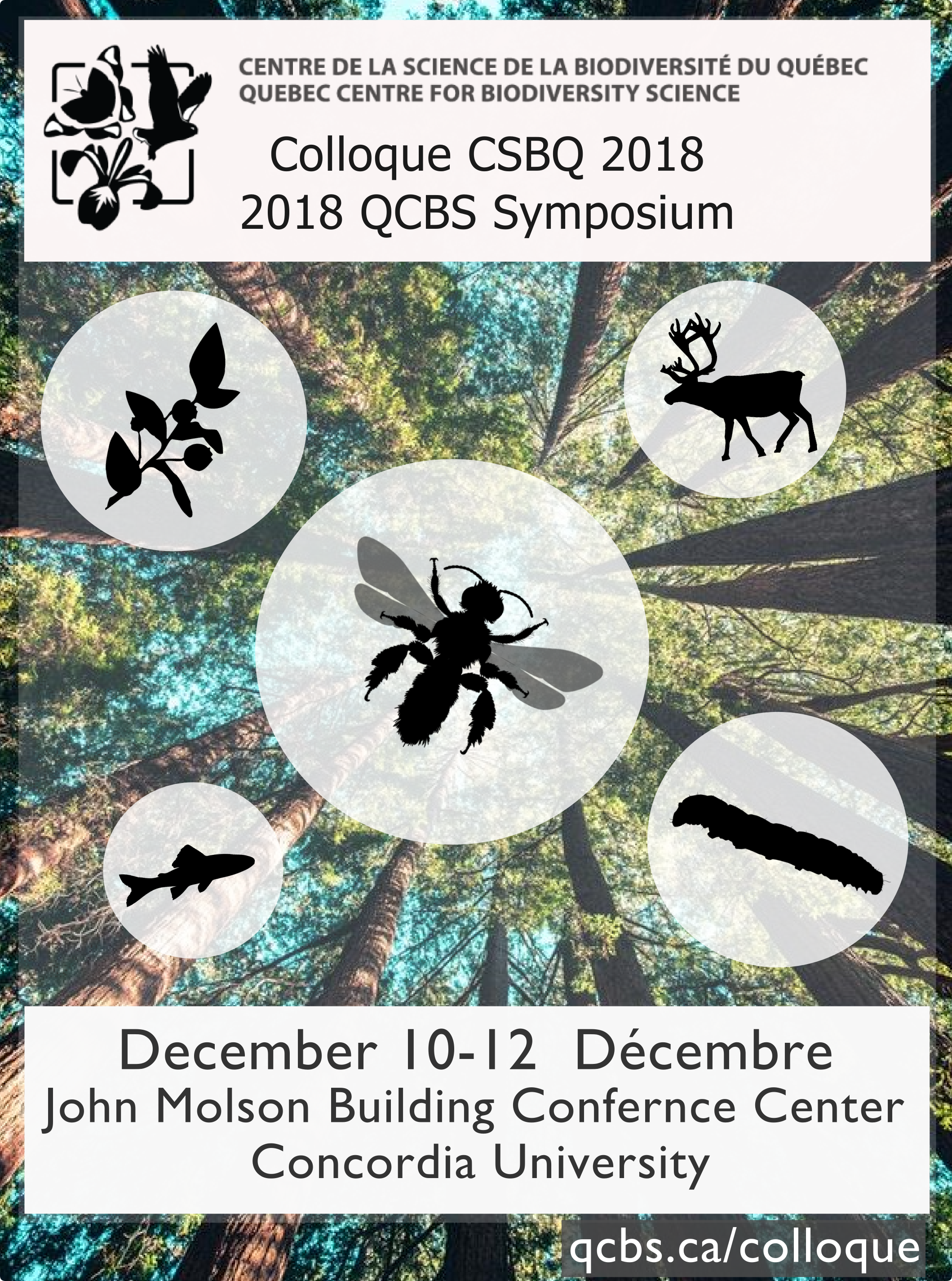Symposium prize winners
- QCBS prize: Dalal Hanna (McGill University) – “The contribution of protected areas to ecosystem service provision and biodiversity”
- 1st place for best presentation: Eva Delmas (UdeM) – “Des plantes aux prédateurs : comment la diversité végétale structure les communautés écologiques”
- 2nd place for best presentation: Amélie Fontaine (McGill University) – “Vers un meilleur outil de conservation : L’amélioration des dortoirs à chauves-souris en climat nordique et tempéré.” and Alexis Carteron (UdeM) – “Ectomycorrhizal-dominated temperate forests show faster decomposition of soil organic matter than neighbouring arbuscular mycorrhizal-dominated forests.”
- 1st place for best poster: Ève Courtois (Université de Sherbrooke) – “Sélection de l’habitat de nidification chez l’Hirondelle bicolore (Tachycineta bicolor) en milieu agricole: une trappe écologique?”
- 2nd place for best poster: Audrey Sigoin (Université de Sherbrooke) – “Impact de l’intensification agricole sur l’activité d’une enzyme sanguine chez les oisillons de l’Hirondelle bicolore (Tachycineta bicolor)”
General Information
This year the QCBS is holding its annual symposium from December 10-12 at the John Molson School of Business at Concordia University, 9th floor
Schedule
Workshop (December 10th)
This workshop, titled “Connectivity conservation: from science to solutions” is being organized by the QCBS in collaboration with Nature United (the Canadian affiliate of The Nature Conservancy). The workshop will focus on identifying challenges and opportunities to achieve effective connectivity conservation at multiple scales. The day will include invited talks and smaller breakout sessions for discussion.
Plenary Speaker
Taylor Ricketts is Gund Professor and Director of the Gund Institute for Environment at the University of Vermont. Taylor’s research centers on the overarching question: How do we meet the needs of people and nature in an increasingly crowded, changing world? His recent work has focused on the economic and health benefits provided to people by forests, wetlands, reefs, and other natural areas.
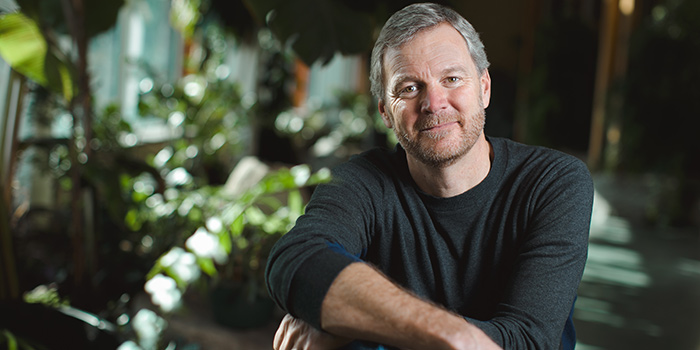
Panels
Art-Science Panel
Speakers:

Julie dirwimmer
Professional at the ACFAS but also known as Madame Cosinus (Slam poet)
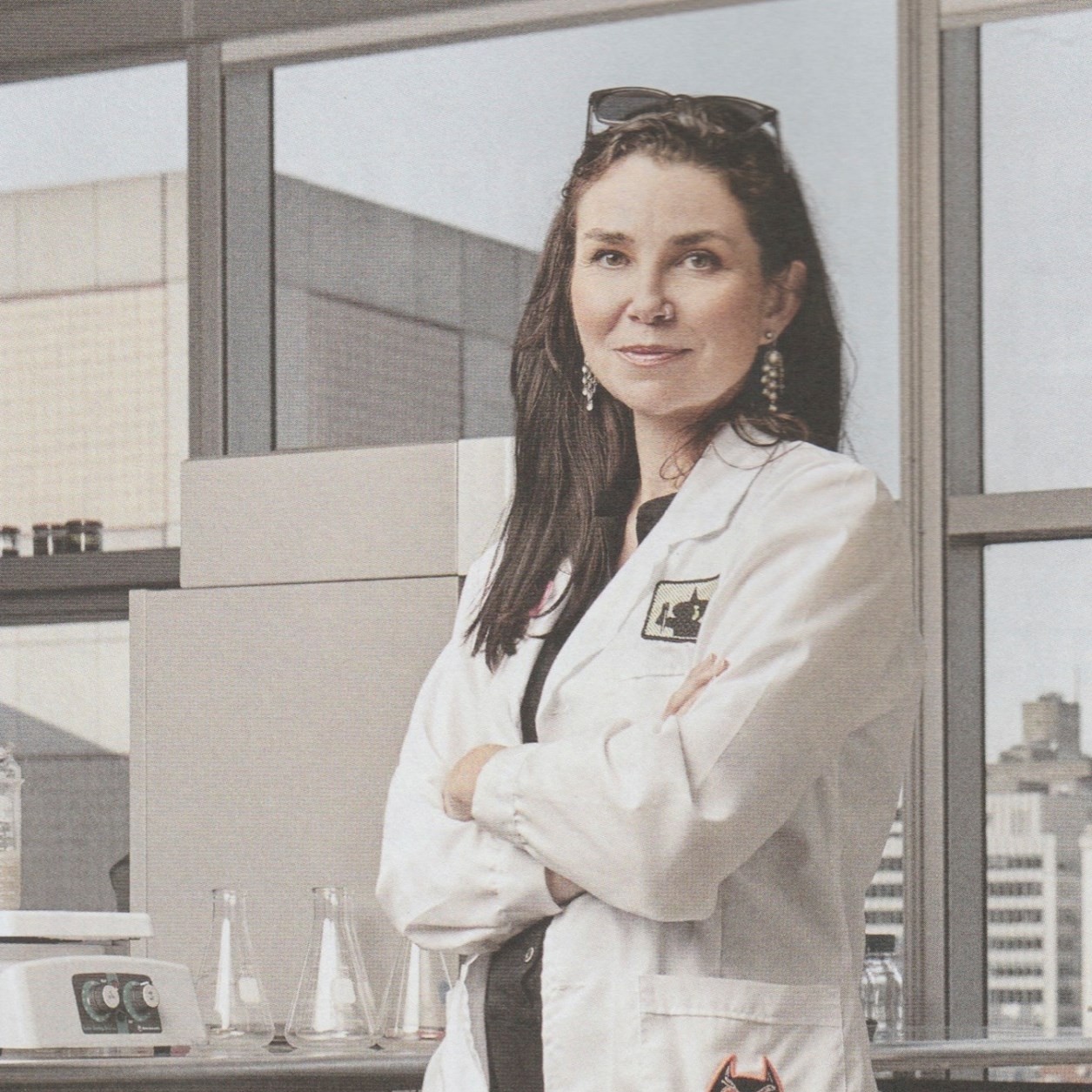
WhiteFeather Hunter
Bioartist and principal investigator at Le Milieux Biolab (working on art-science projects)

Jacqueline Bede
McGill professor in plant ecophysiology and art-science amateur
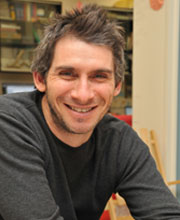
François joseph lapointe
UdeM professor, artist and scientist
“it is the tension between creativity and skepticism that has produced the stunning and unexpected findings of science”
-Carl Sagan, Astrophysicist
“Art and nature shall always be wrestling until they eventually conquer one another so that the victory is the same stroke and line: that which is conquered, conquers at the same time.”
-Maria Sibylla Merian
Both art and science uses observation and experimentation, seeking to understand aspects of the complex world around us. Despite this common ground, the disciplines are too often separated by boundaries that are difficult to overcome. Even though pioneer scientists, like Maria Sibylla Merian and Leonardo da Vinci have combined artistic practices since the beginnings of scientific discoveries. Recently, the term STEAM*, describing that art and science benefit from convergence and increased transdisciplinary practices, is becoming increasingly popular. The goal of this panel is to talk about the place of art in science, science in art and the importance of STEAM within biodiversity sciences. We aim to explore the potential of combining scientific and artistic ideas and practises not only for outreach purposes but also as a way to expand our perspectives, both as scientists and artists as well as for a better understanding of our ecosystems.
The panel will be accompanied by an exhibition “Silence starts at -425m” by Sandra Volny that will take place during the poster session
Panel on the role of behavioural ecology in biodiversity studies
Speakers:
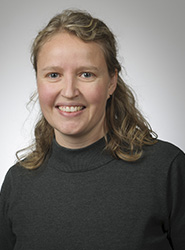
Fanie Pelletier
Université de Sherbrooke

Grant Brown
Concordia University
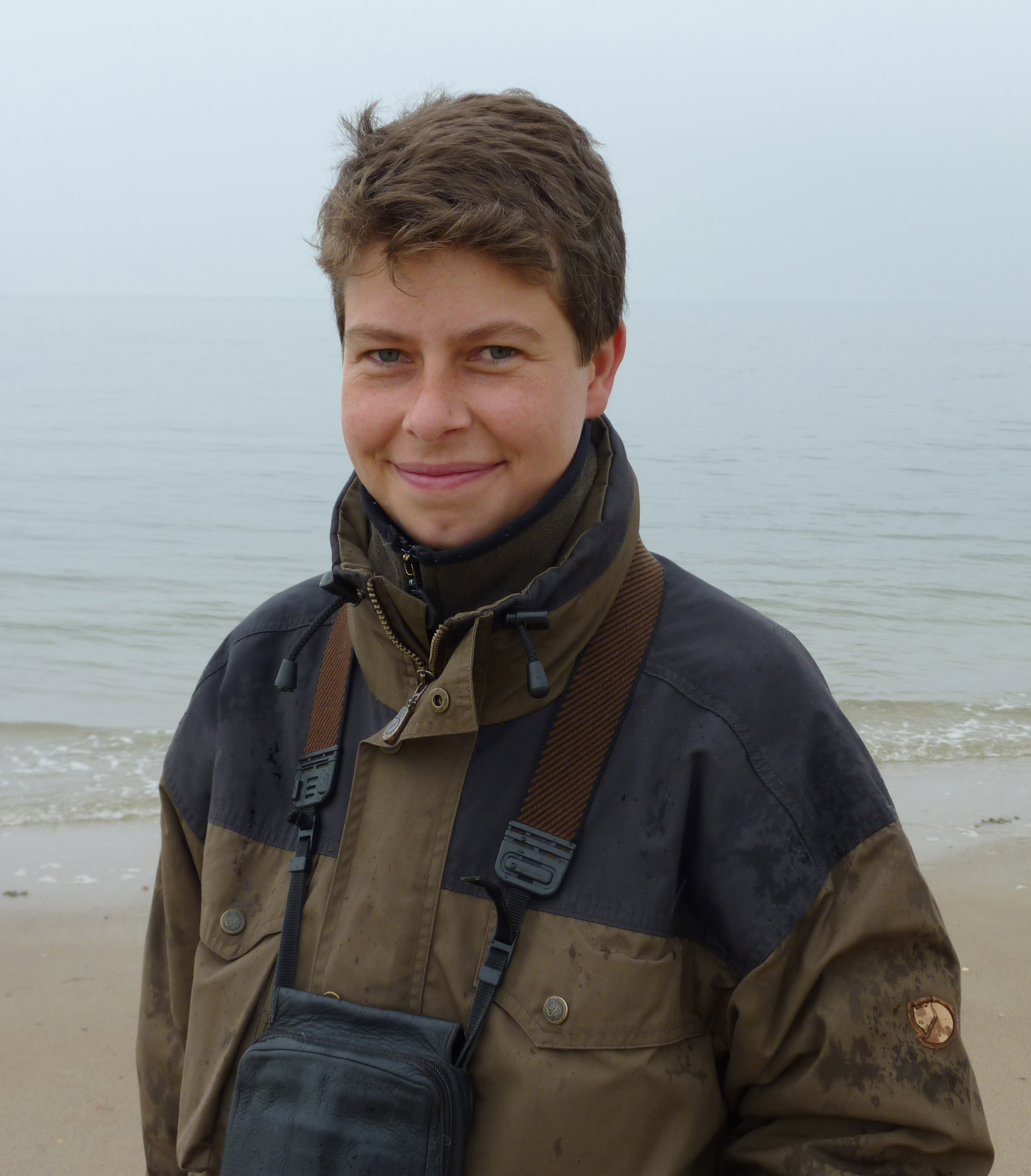
Melanie Dammhahn
University of Potsdam, Germany
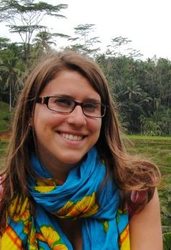
Francesca Santostefano
Université du Québec à Montréal

Orr Spiegel
Tel Aviv University, Israel
Presentation


Superwomen in science – diversity in stemm
Jessica and Charles of STEMM Diversity @ McGill will present their student-driven initiative housed at the Redpath Museum to promote greater diversity and inclusivity in Science, Technology, Engineering, Math, and Medicine at McGill University. They will also recruit students interested in starting similar diversity initiatives at the other universities in QCBS.
Nicole George of the Superwomen in Science Podcast will briefly present a science communication training opportunity for women in the QCBS network. She will be recruiting students who are interested in taking part in a workshop to gain effective skills to pitch their research, which will be featured in a bonus episode of the podcast.
An eco-responsible event
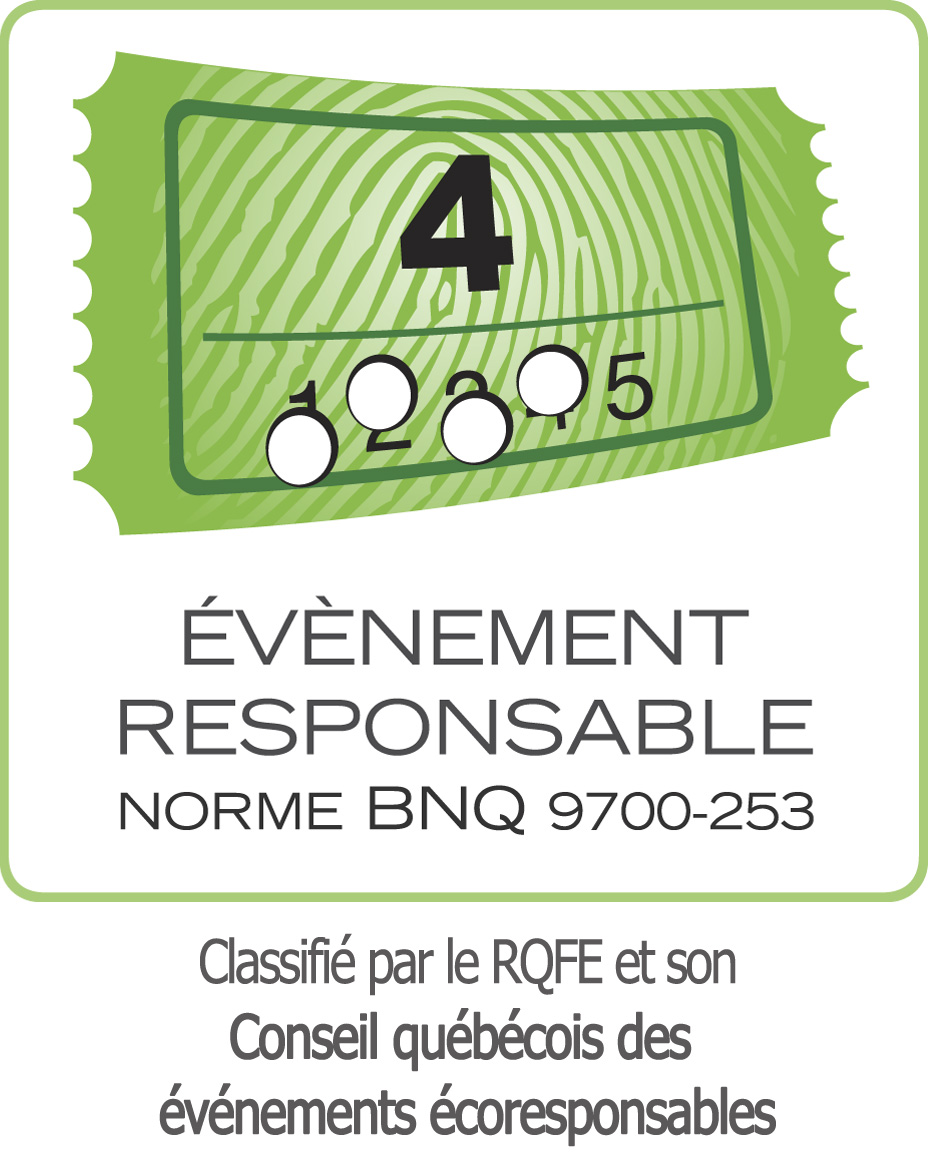
No more paper For the 5th consecutive year, we are engaged in making our event eco-responsible. This year, we are heading towards a level 4 eco-responsible certification! We need your help for this!
We are not using paper Instead of using paper materials, we have gone digital for the QCBS Symposium. All the information about the symposium program will be on the QCBS 2018 Symposium Sched.
Use public transportation, if you can We highly encourage you to come to the event using public transportation, instead of using your own car. Using public transit is a major move towards diminishing the carbon footprint of your trips! You may use the following websites to plan your trip to the symposium: Google Maps, Société de transport de Montréal and Agence métropolitaine de transport. If you are not able to use public transportation, think of carpooling! CO2 emissions will be compensated in double: make sure you provide us with the information regarding your trip to the workshop and symposium.
Waste management Our ultimate final waste target is to be under 5g/person and possibly less with your help. All cutlery and cups present at the event will be compostable. We also have a compost program for all food waste! With this action, we reduce the amount of waste going to landfill and cut emissions of methane, a potent greenhouse gas. During the symposium, be sure to dispose of your garbage in each of the correct bins: recycling, compost and landfill waste. We request you to NOT bring any kind of waste from outside to the event (especially landfill waste, like coffee cups and polystyrene materials). We strongly encourage attendees to bring their own refillable water bottles and coffee mugs to the event.
Reuse of name badges We reuse all name badges in future years. Please, think of leaving yours when you leave the event.
QCBS merchandise
You can now proudly wear the QCBS colours! It’s all affordable and made by a Quebec company. You order and pay online and we deliver for free at the QCBS Symposium. Order before November 3.
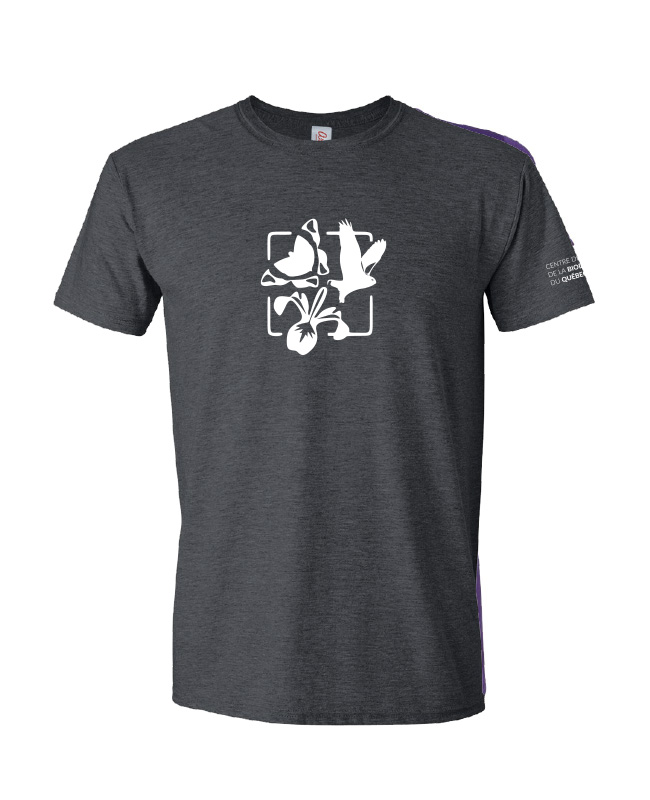


An eco-responsible event
No more paper For the 5th consecutive year, we are engaged in making our event eco-responsible. We need your help for this!
We are not using paper Instead of using paper materials, we have gone digital for the QCBS Symposium. All the information about the symposium program will be displayed on screens at the event and on the QCBS 2018 Symposium Sched (colloque.qcbs.ca).
Use public transportation, if you can We highly encourage you to come to the event using public transportation, instead of using your own car. Using public transit is a major move towards diminishing the carbon footprint of your trips! You may use the following websites to plan your trip to the symposium: Google Maps, Société de transport de Montréal and Agence métropolitaine de transport. If you are not able to use public transportation, think of carpooling! CO2 emissions will be compensated in double: make sure you provide us with the information regarding your trip to the workshop and symposium.
Greener food and beverages and a food recovery plan Most of our food and beverages are organic and produced locally! This means that these producers avoid using synthetically produced fertilizers or chemicals derived from fossil fuels. All excess food will be donated to the Maison du Père.
Waste management Our ultimate final waste target is to be under 5g/person and possibly less with your help. All cutlery and cups present at the event will be compostable. We also have a compost program for all food waste! With this action, we reduce the amount of waste going to landfill and cut emissions of methane, a potent greenhouse gas. During the symposium, be sure to dispose of your garbage in each of the correct bins: recycling, compost and landfill waste. We request you to NOT bring any kind of waste from outside to the event (especially landfill waste, like coffee cups and polystyrene materials). We strongly encourage attendees to bring their own refillable water bottles and coffee mugs to the event.
Reuse of name badges We reuse all name badges in future years. Please, think of leaving yours when you leave the event.

